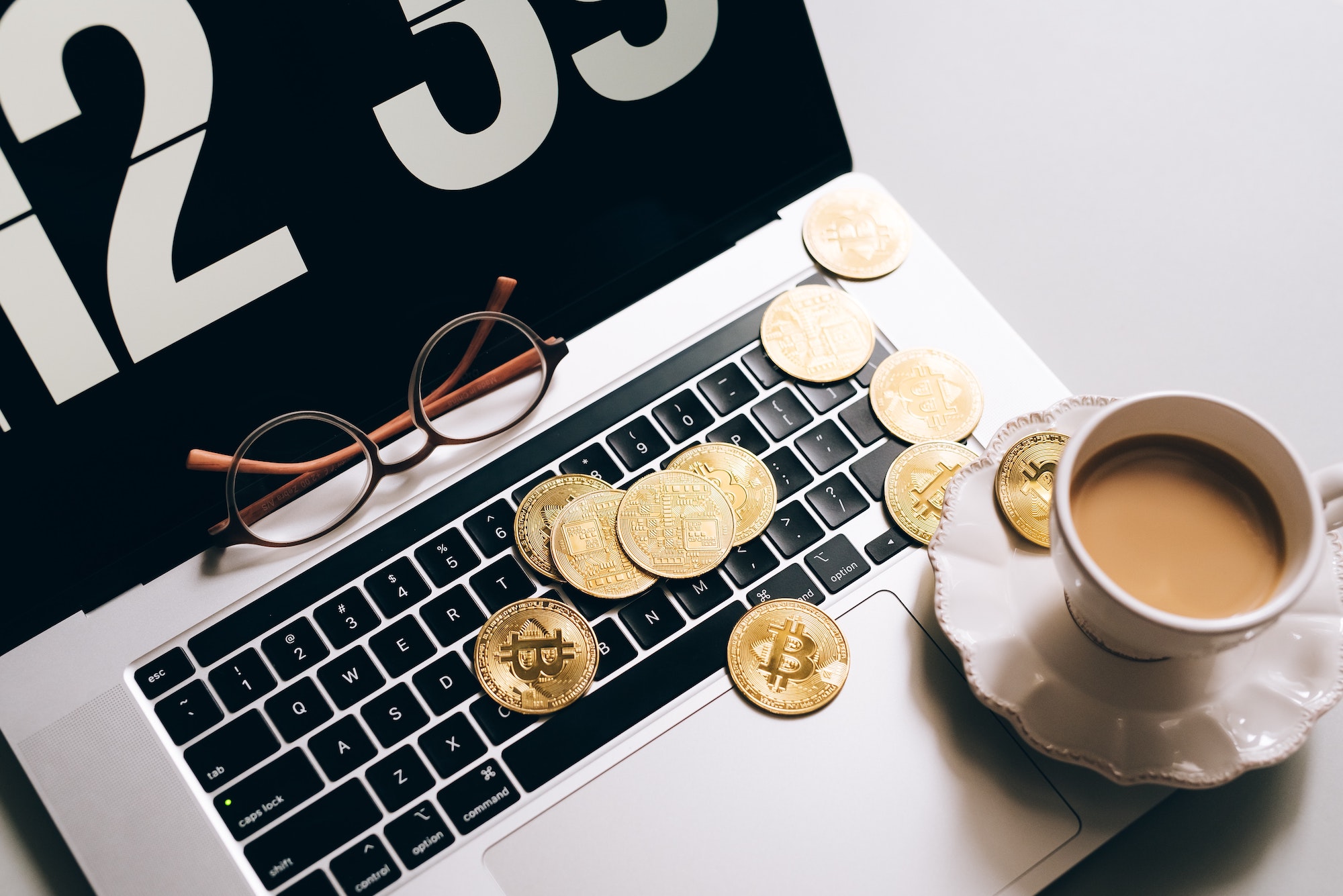Why a Growing Number of Freelancers Prefer to be Paid in Cryptocurrency
Up until four months ago, Sara Trojanowska, who goes by Altcoin Sara on social media, worked as an engineer in the UK. She had her degree in the field and loved it. But for the past few years, she had maintained a side hustle as a content creator for blockchain companies. When she began to earn more on the side than at her engineering job, she quit to pursue her work as a crypto content creator, marketer and investor full time. With her work now, there’s a key difference: she gets paid entirely in crypto.
Globally, more and more freelancers are accepting and asking for payments in cryptocurrency. There are several reasons why freelancers may want to be paid in crypto. Some are willing to put their money where their mouth is, in terms of their faith in crypto’s longevity and success; it’s easier for international transactions in a worldwide gig economy; and people grow leery of traditional currencies during geopolitical instability.
Faisal Khan, a cross border payments specialist based in Turkey, saw a rise in freelancers asking to be paid in crypto before the pandemic. But COVID-19 urged more people to consider cryptocurrency as an option.
“[The pandemic] acted as a catalyst because things were heating up and people wanted to get paid in crypto,” Khan said. “They didn’t want to lose out, there was a lot of FOMO.”
In the pandemic, people sitting at home learned about crypto through social media on how to begin investing. In lockdown, many started managing their finances digitally out of necessity—adding crypto to the mix was a logical step.
“You couldn’t go to banks,” Dr. Merav Ozair, a blockchain expert and financial technology professor at Rutgers Business School, said. “You’re already doing everything digitized, so why not do crypto? It brought to the forefront the need for this blockchain technology.”
“A good investment”
Some freelancers asking for crypto, like Trojanowska, believe it’s a good investment. Trojanowska said that if someone deposits their money in a bank, the minuscule amount of interest earned is “pathetic,” compared to potential interest people could be earning with various cryptocurrencies.
Ryan S. Gladwin, a UK-based freelance writer, earns around 25 percent of his income in crypto. Gladwin often writes about crypto, and he does work for the Minters Collective, where NFT artists develop and market their projects. He believes crypto is the future. So he’d rather get paid in crypto directly than get paid in pounds and invest from there, losing money along the way in fees. The money he makes in crypto, he keeps in his wallet, so he still needs to bring in payment in fiat (what crypto enthusiasts call regular currencies) to cover living expenses.
Hassle-free international payments
Another reason Gladwin relies on crypto is because as a freelancer, international payments are a hassle. For money transfer services, like PayPal, sending money internationally is complicated, and comes with added fees. Bank transfers are no easier, with SWIFT codes and long delays.
“I had a payment from PayPal take almost a week to come through,” Gladwin said. “It was coming down to crunch time near the end there, where I actually needed that money in my bank account. Whereas with crypto, it’s fairly instant.”
If it’s complicated working this out in the UK, it can be even more complex in countries where access to financial institutions is limited.
“Let’s say you are a freelancer in Malaysia, and you want to work for someone who is in the US or in the UK,” Ozair said. “How exactly am I going to pay you and how is that going to be transferred to your bank account? What if you don’t have a bank account?”
Khan says that he has seen freelancers getting paid in crypto throughout South Asia, the sub-Saharan region and the Middle East — oftentimes in countries with growing gig economies.
Global instability
Besides being bullish about blockchain technology and the convenience of international payments, there’s a geopolitical pessimism that drives freelancers to accept cryptocurrency.
“The way the world is going right now… it’s going for doomsday,” Trojanowska said. “Everything is falling apart. Inflation, wars, people can’t afford living, houses are actually insane… Everything’s going crazy.”
The war in Ukraine is a real-time example of how crypto could benefit people who have limited access to their savings.
“Think about the advantage now with what the Ukrainian people are experiencing,” Ozair said. “They have been uprooted from their place and they had to escape… If you have a wallet, which is on the blockchain, that can be accessed from anywhere.”
“Don’t put all your eggs in one basket”
Unless a freelancer is working with a crypto-focused publication, it may be difficult to find one that agrees to pay in crypto. Many publishers have problems paying freelancers on time in the first place. And some still send payment via checks in the mail. But if freelancers can figure out a way to arrange this alternate payment method, they should first research what being paid in crypto entails.
Trojanowska told freelancers: “Don’t put all of your eggs into one basket” — have various addresses for receiving payments and invest in different types of cryptocurrency. She said there were passive income opportunities freelancers could explore. And for taxes, she recommended getting an accountant who understands crypto.
Gladwin suggested that by accepting cryptocurrency, freelancers might be able to negotiate their payment, if the freelancer and their employer agreed on a network with lower fees.
“It’s definitely worth asking employers if they would be willing to change what crypto they’re paying or network for a bump in price,” he said. “Can you get yourself a bonus, essentially, by asking to be paid in a different crypto?”

 Sign Up
Sign Up